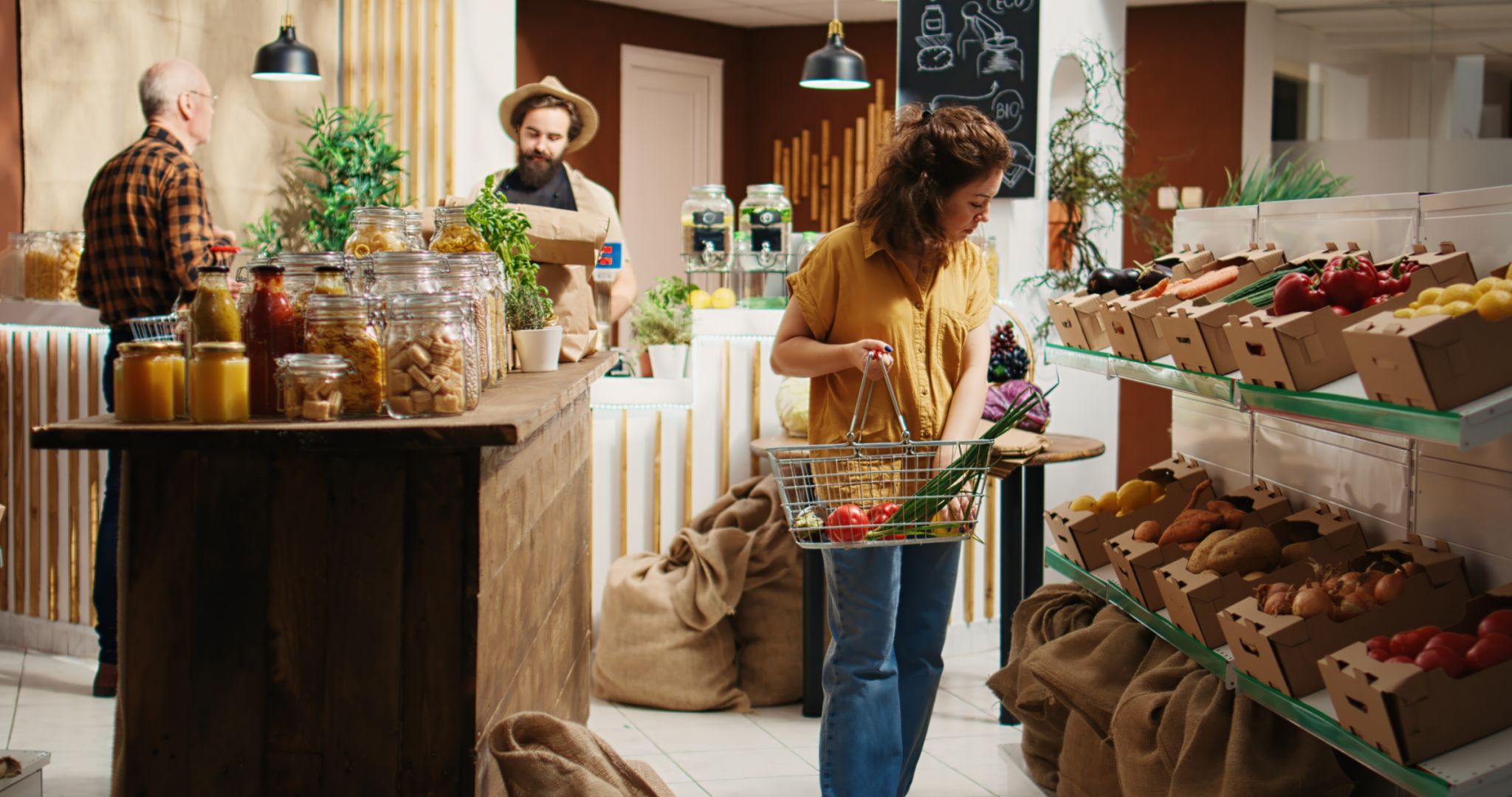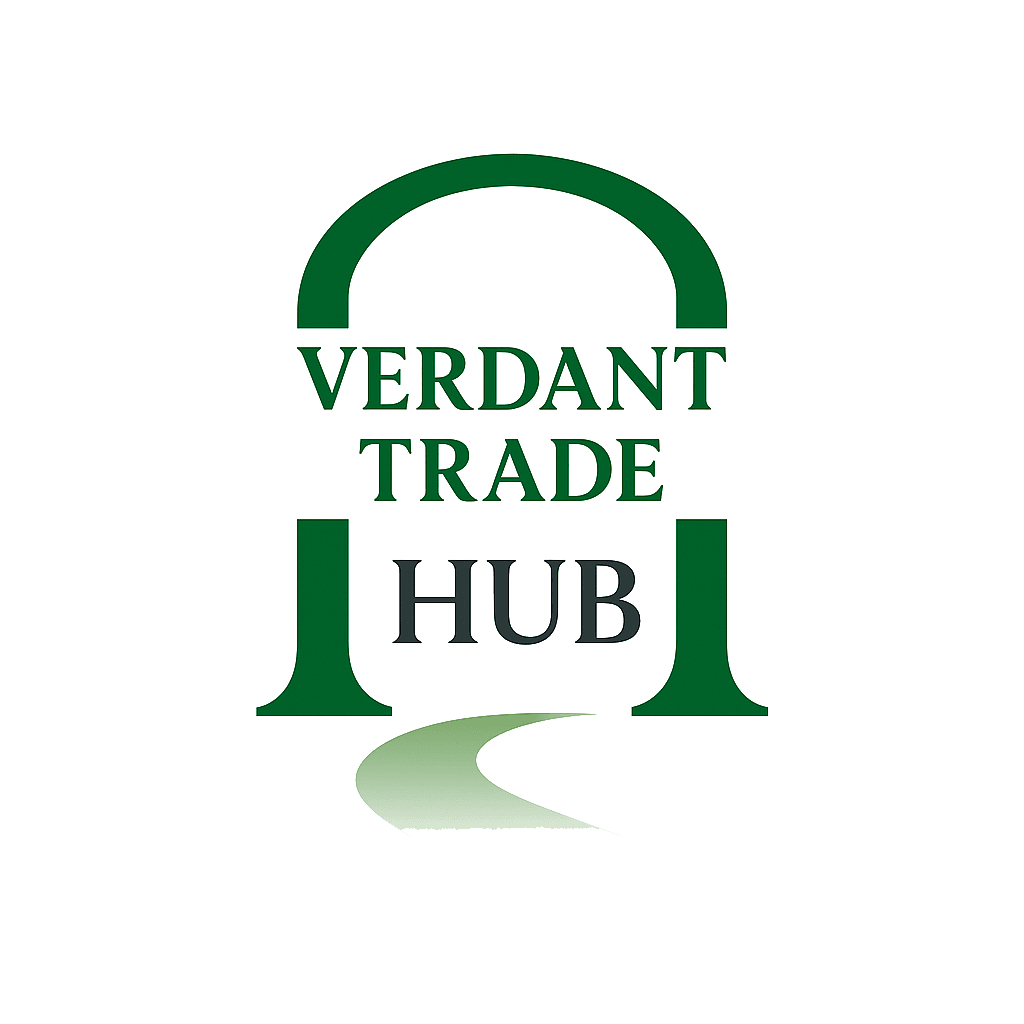A Guide to Sustainable Cocoa and Coffee Sourcing from Africa
Understanding the Importance of Sustainable Sourcing
In recent years, the demand for ethically sourced products has grown exponentially. Consumers are becoming more aware of the impact their purchases have on the environment and local communities. This is especially true for commodities like cocoa and coffee, which are predominantly sourced from African countries. Ensuring sustainability in these industries is crucial for both the environment and the economic development of these regions.

The Impact of Cocoa Production
Cocoa farming is a major source of income for millions of farmers in Africa, particularly in countries like Côte d'Ivoire and Ghana. However, traditional farming practices can lead to deforestation and loss of biodiversity. Sustainable cocoa sourcing involves adopting practices that protect the environment, such as agroforestry and organic farming. These methods not only help preserve ecosystems but also improve the quality of cocoa.
Moreover, sustainable practices ensure that farmers receive fair wages and work in safe conditions. This is achieved through certification programs that set standards for social, economic, and environmental practices. By supporting certified cocoa, consumers can contribute to a more equitable supply chain.
Challenges in Coffee Sourcing
Coffee production faces similar challenges. African nations like Ethiopia and Uganda are renowned for their rich coffee heritage, but the industry struggles with issues such as climate change and unfair labor practices. Sustainable coffee sourcing focuses on reducing the environmental footprint by promoting shade-grown coffee, which preserves forest cover and enhances biodiversity.

In addition to environmental benefits, sustainable coffee sourcing enhances the livelihoods of farmers by ensuring they receive fair compensation. By choosing coffee that is certified by organizations like Fair Trade or Rainforest Alliance, consumers can support responsible practices that benefit both people and the planet.
How to Support Sustainable Practices
As consumers, there are several ways to support sustainable cocoa and coffee sourcing from Africa. Here are some actions you can take:
- Look for Certifications: Choose products that carry certifications such as Fair Trade, Rainforest Alliance, or UTZ.
- Support Direct Trade: Purchase from companies that have direct relationships with farmers, ensuring transparency and fair pricing.
- Educate Yourself: Learn about the origins of your cocoa and coffee and the practices used in their production.

The Role of Technology
Technology plays a significant role in promoting sustainable cocoa and coffee sourcing. Innovations such as blockchain provide transparency in supply chains, allowing consumers to trace the journey of their products from farm to table. Additionally, mobile applications can offer farmers access to market information and best practices for sustainable farming.
By leveraging technology, stakeholders can ensure that sustainability is not just a trend but a fundamental aspect of the cocoa and coffee industries. This shift is essential for building resilient economies and preserving the natural environment for future generations.
Conclusion
Sustainable cocoa and coffee sourcing from Africa is not only about preserving the environment but also about uplifting the communities that rely on these industries. By making informed choices and supporting ethical practices, consumers can play a vital role in driving positive change. As awareness grows, so too will the impact of these efforts, paving the way for a more sustainable future.
